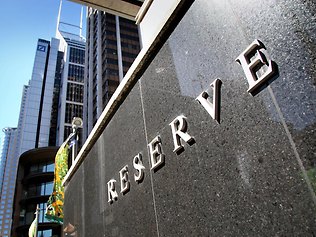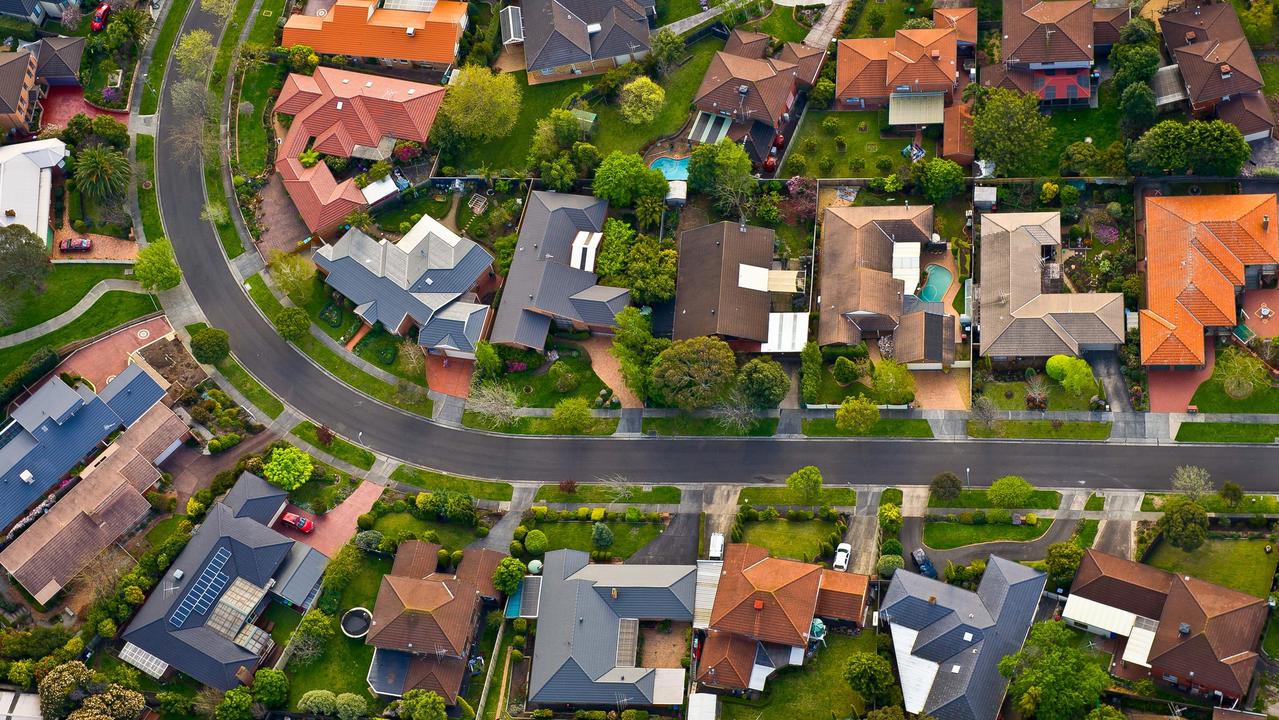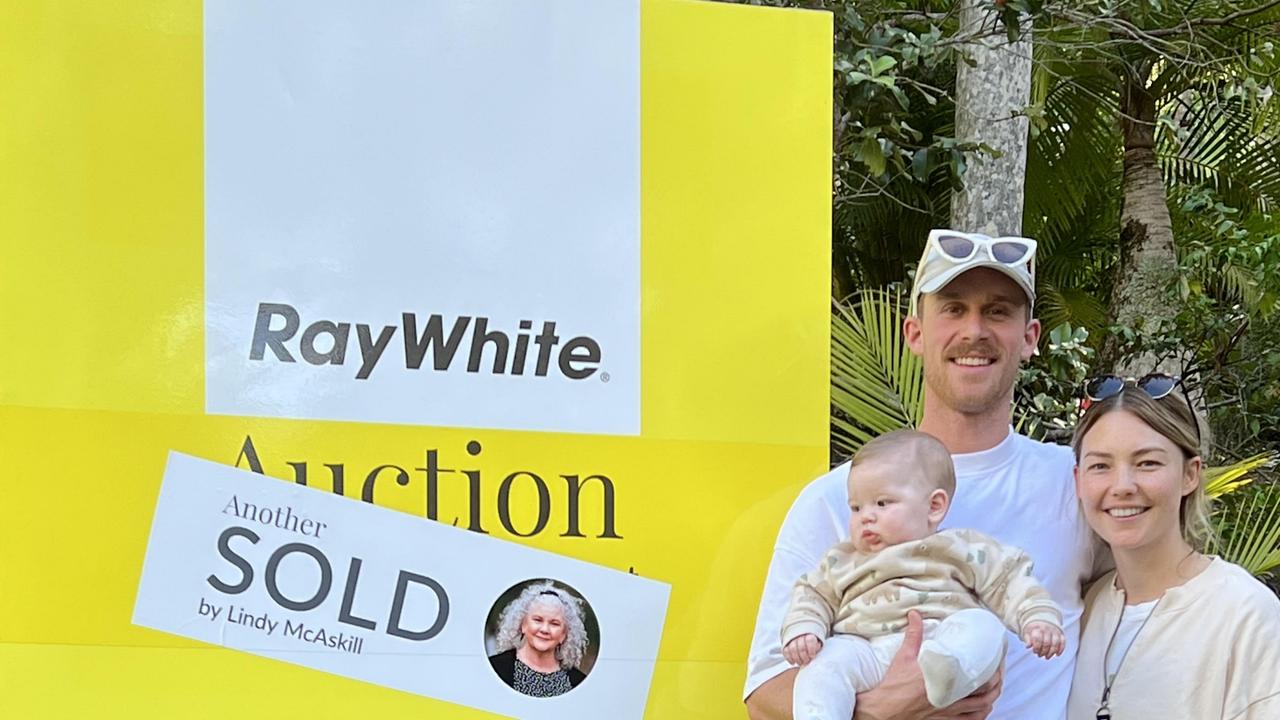Reserve Bank's Glenn Stevens gives Lucky Country address on Australian economy
PROPERTY is becoming more affordable but it's "very dangerous" to assume house prices won't fall further.

AUSTRALIA'S property market is becoming more and more affordable, says Reserve Bank governor Glenn Stevens.
Mr Stevens yesterday said home prices were declining after rising dramatically in the 10 years from 1995.
"Scaled to measures of income, Australian dwelling prices on a national basis have in fact declined and are now about where they were in 2002," he said.
"That is, housing has become more affordable.
"Four or five years ago we supposedly had a housing affordability crisis. Now it seems that the problem some people fear is that of housing becoming even more affordable."
The comments were made during a lunch held in support of The Anika Foundation.
In his address, titled The Lucky Country, Mr Stevens said the Australian economy had performed remarkably well against a "very turbulent international background".
However, Mr Stevens said housing prices may fall further and believes it is risky to assume they won't.
"It is a very dangerous idea to think that dwelling prices cannot fall," RBA governor Glenn Stevens said in a speech today. "They can, and they have."
"We should never say a crash couldn't happen here, and the Reserve Bank continues to monitor property markets and the performance of mortgages quite closely," said Mr Stevens.
Home prices in Australia have fallen 5 to 10 per cent from their peak, compared with 15-20 per cent in the UK and 30 per cent in the US, according to the RBA.
But Mr Stevens said there is little evidence that a plunge in Australian house prices, like that seen in the US, UK or Spain, is likely.
"It has to be said that the housing market bubble, if that's what it is, seems to be taking quite a long time to pop - if that's what it is going to do."



